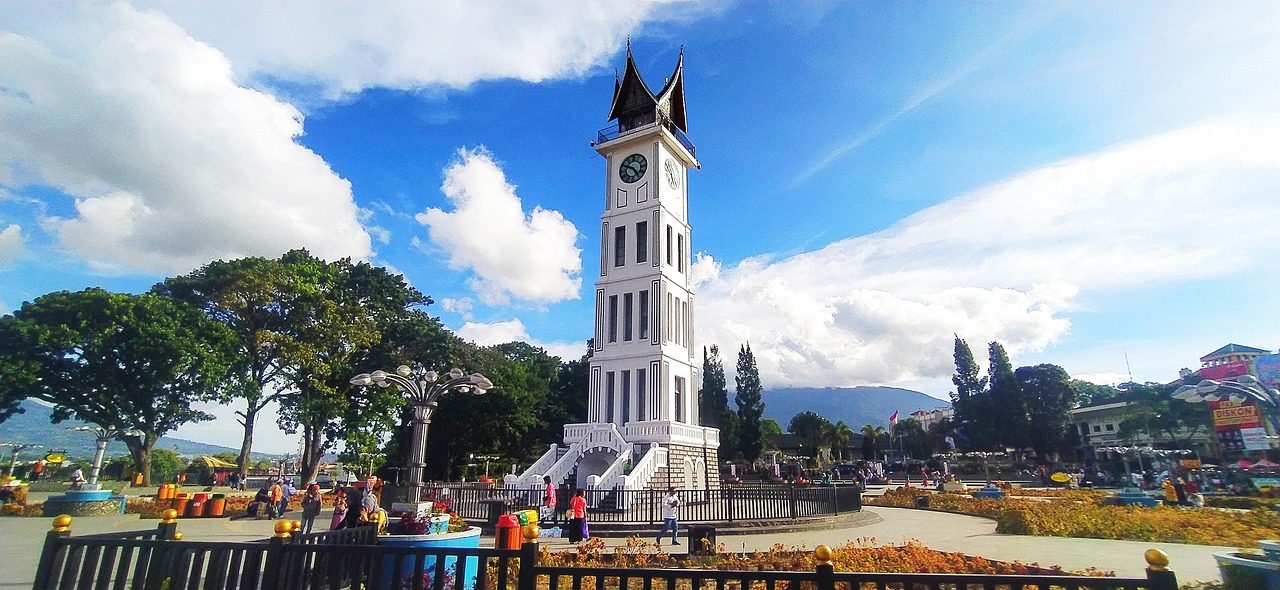Araku Valley, known as the Arabica coffee capital of India, is not just a hub for high-quality coffee production but also a hotbed of political discontent. Despite their coffee beans being sold in cafes around the world, the farmers in this region lack basic amenities like toilets. This has led to a growing protest among voters in the upcoming 2024 Indian election, with many choosing to cast their ballots for ‘None of the Above’ (NOTA) option.
Gemmala Sita, a 29-year-old coffee farmer, takes pride in growing Arabica beans on her plantation, which is one of the largest organic and fair-trade farms in the world. However, she and her husband, along with many others in their tribal community, are forced to use makeshift washrooms made of bamboo and old cloths due to the lack of proper sanitation facilities.
Despite the region’s coffee being highly sought after in international markets, the farmers struggle to make ends meet. The Araku Valley, situated in the southern state of Andhra Pradesh, is home to 156 villages with a population of over 56,000 people, out of which around 20,000 are employed in the coffee industry. The district has a total of 230,000 coffee farmers, most of whom come from tribal communities.
While the coffee from Araku Valley is exported to countries like Sweden, the UAE, Italy, and Switzerland, the farmers themselves face numerous challenges. Lack of clean drinking water, inadequate healthcare facilities, poor infrastructure, and limited educational opportunities are some of the issues plaguing the region. Despite promises from the government to improve conditions, the farmers remain skeptical due to past unfulfilled pledges.
Efforts by organizations like the Small and Marginal Tribal Farmers Mutually Aided Cooperative Society (SAMTFMACS) have helped farmers in the region produce better quality coffee sustainably. However, the disparity between what exporters earn and what farmers receive remains a contentious issue. The cooperative, along with support from the Naandi Foundation, aims to empower farmers and ensure they get a fair share of the profits.
As the 2024 Indian election approaches, the discontent among voters in Araku Valley is palpable. The lack of basic amenities, coupled with the exploitation of farmers, has fueled a growing sense of disillusionment. It remains to be seen how this protest brewing in the Arabica coffee capital will impact the election outcomes and the future of the region.
#Indias #Arabica #coffee #capital #election #protest #brewing
Key points of the article on the India Election 2024:
1. Araku Valley in India, known for its Arabica coffee, is facing issues such as lack of basic amenities like toilets for farmers despite their coffee being sold globally.
2. In the 2019 national election, Araku Valley saw a high number of ‘None of the Above’ (NOTA) votes, indicating voter disillusionment with the existing political options.
3. Despite the success of Araku coffee in international markets, the local villagers lack access to clean drinking water, proper healthcare facilities, and infrastructure like roads and streetlights.
4. The state government and cooperative societies have made promises to improve conditions in the region, but farmers remain skeptical due to unfulfilled promises in the past.
5. The article highlights the disparity between the earnings of coffee exporters and the income of local farmers, raising concerns about fair compensation and sustainable practices in the coffee industry.









